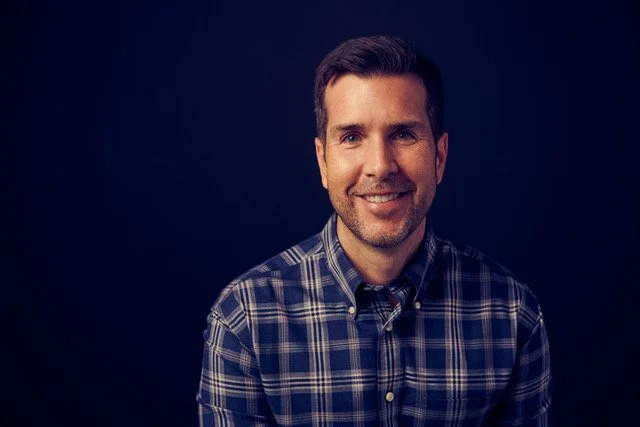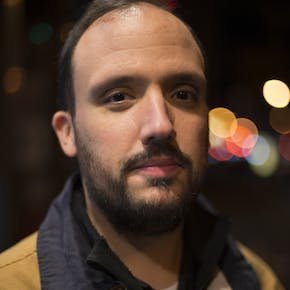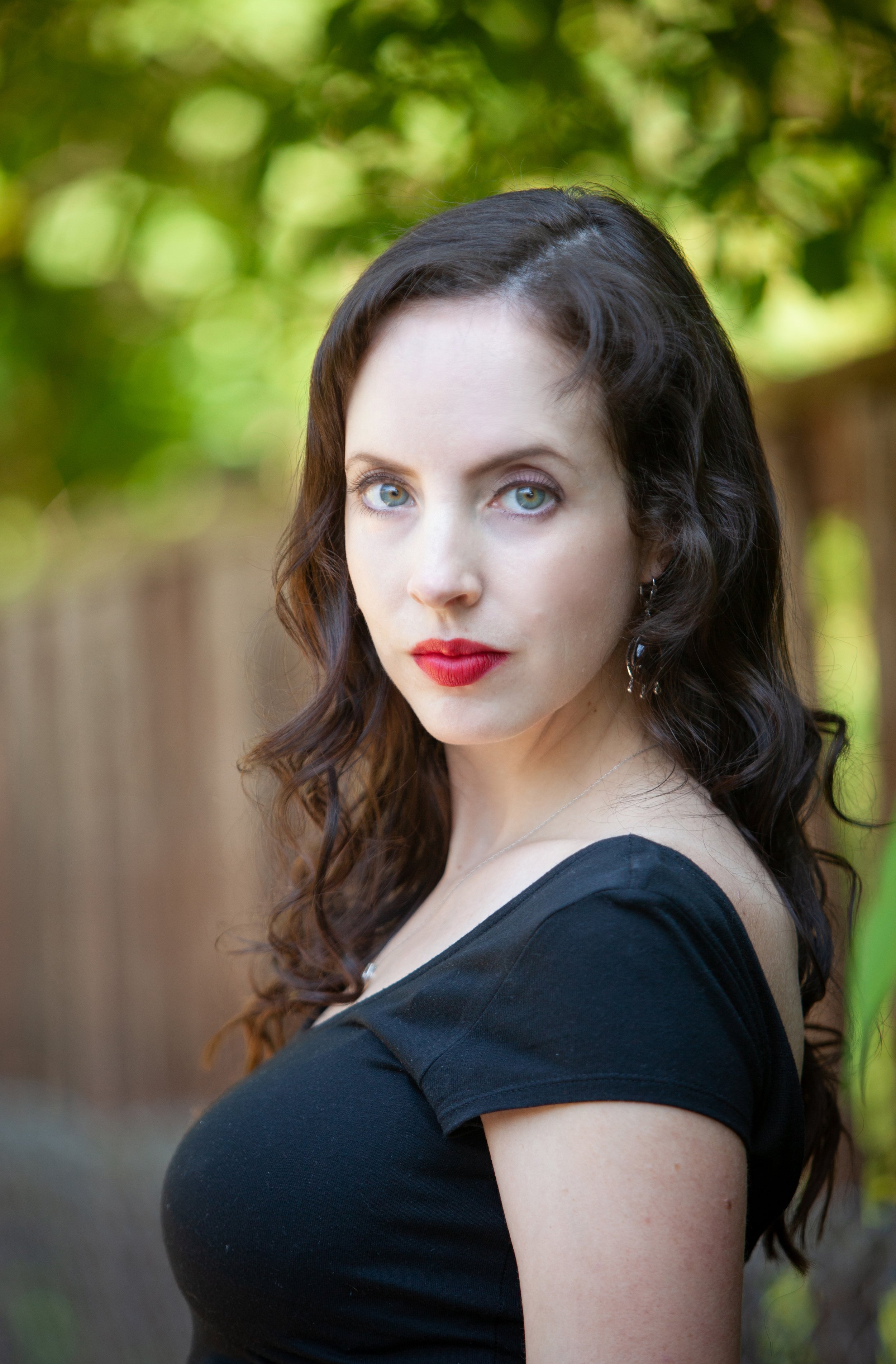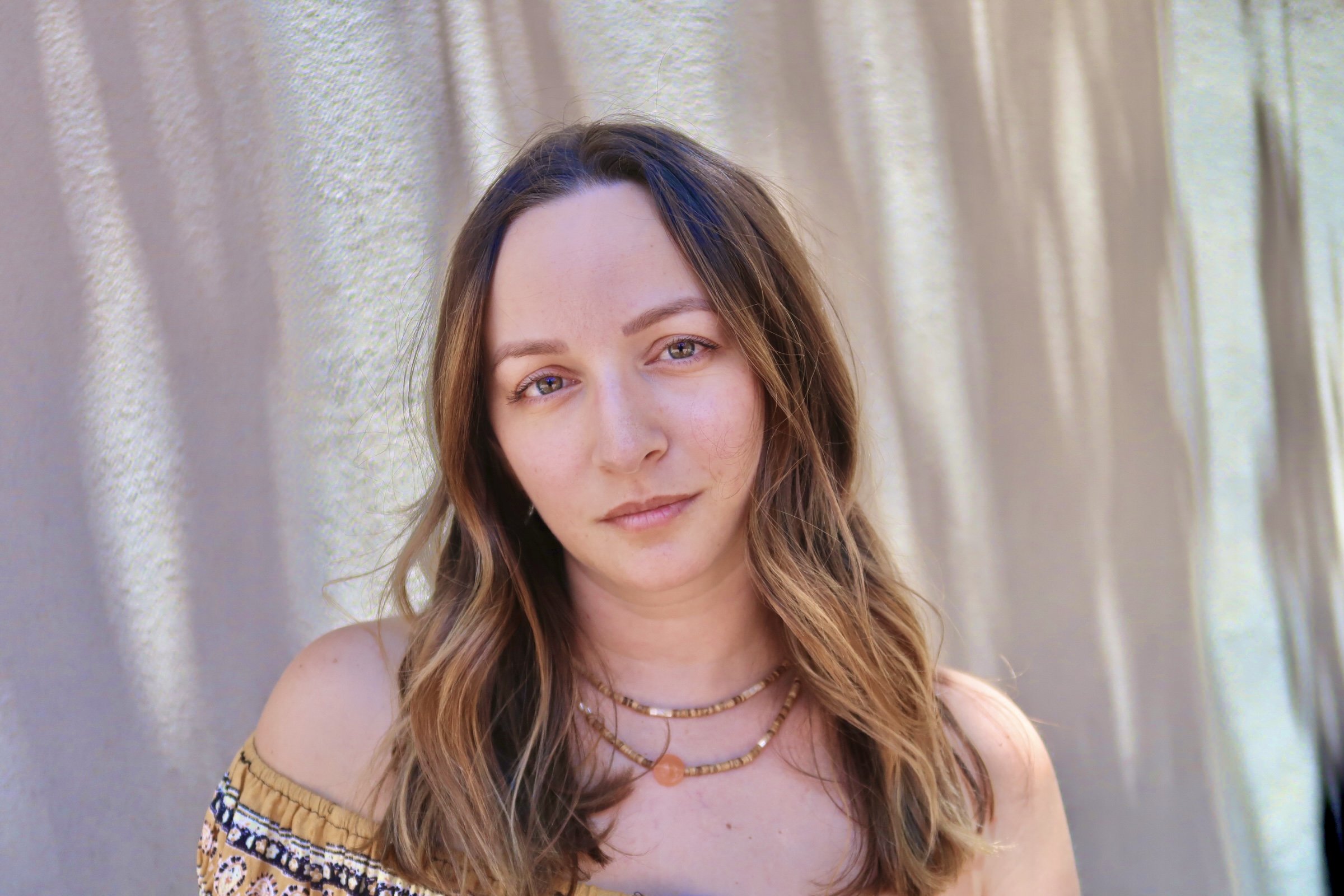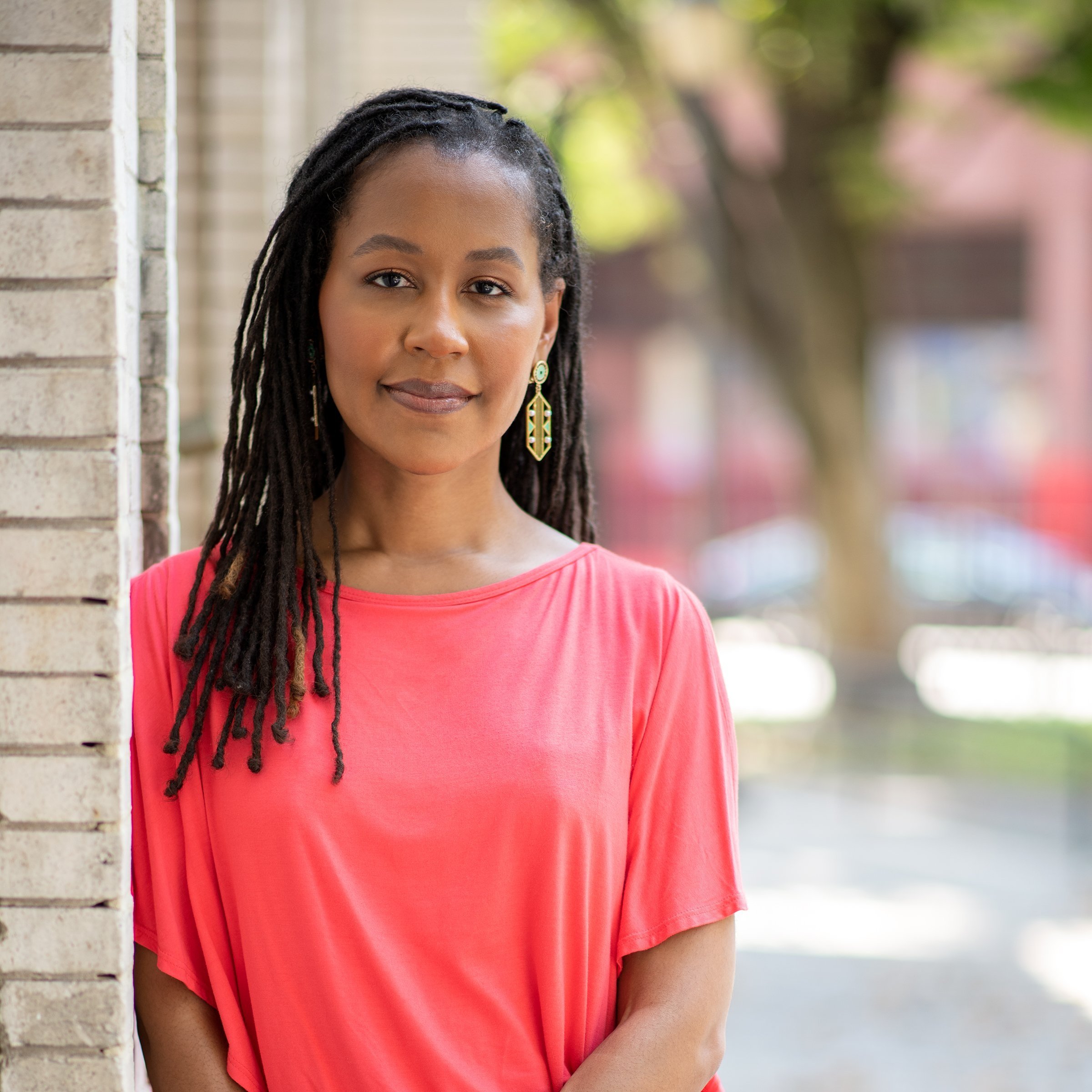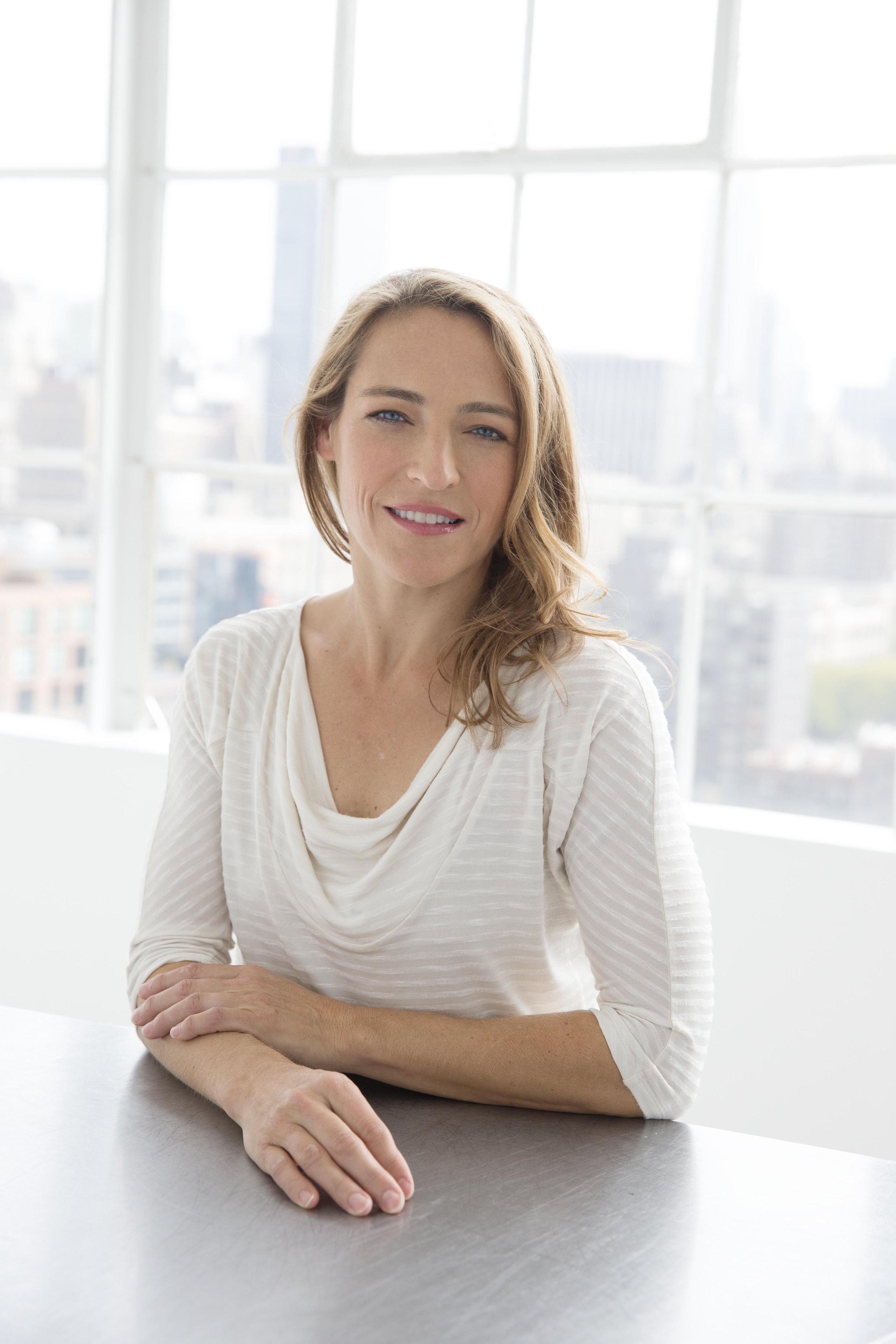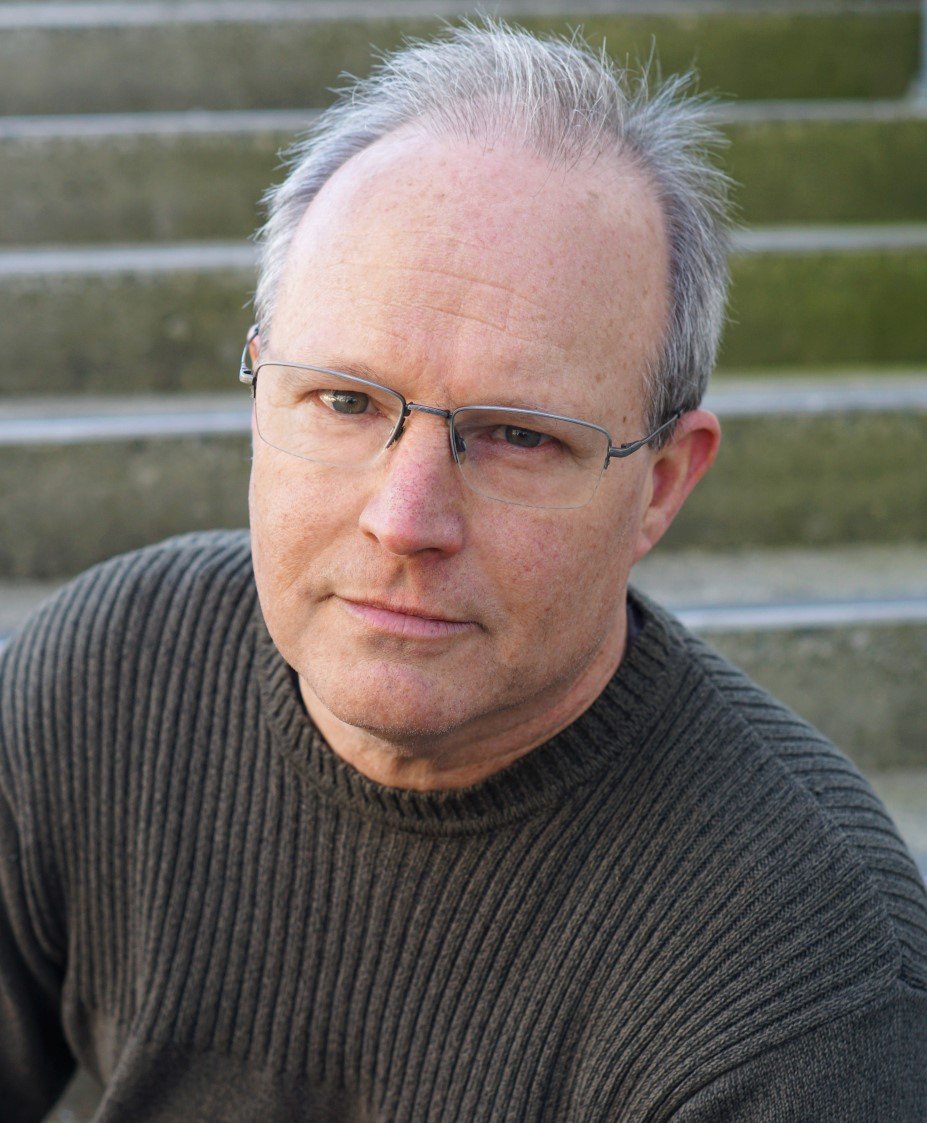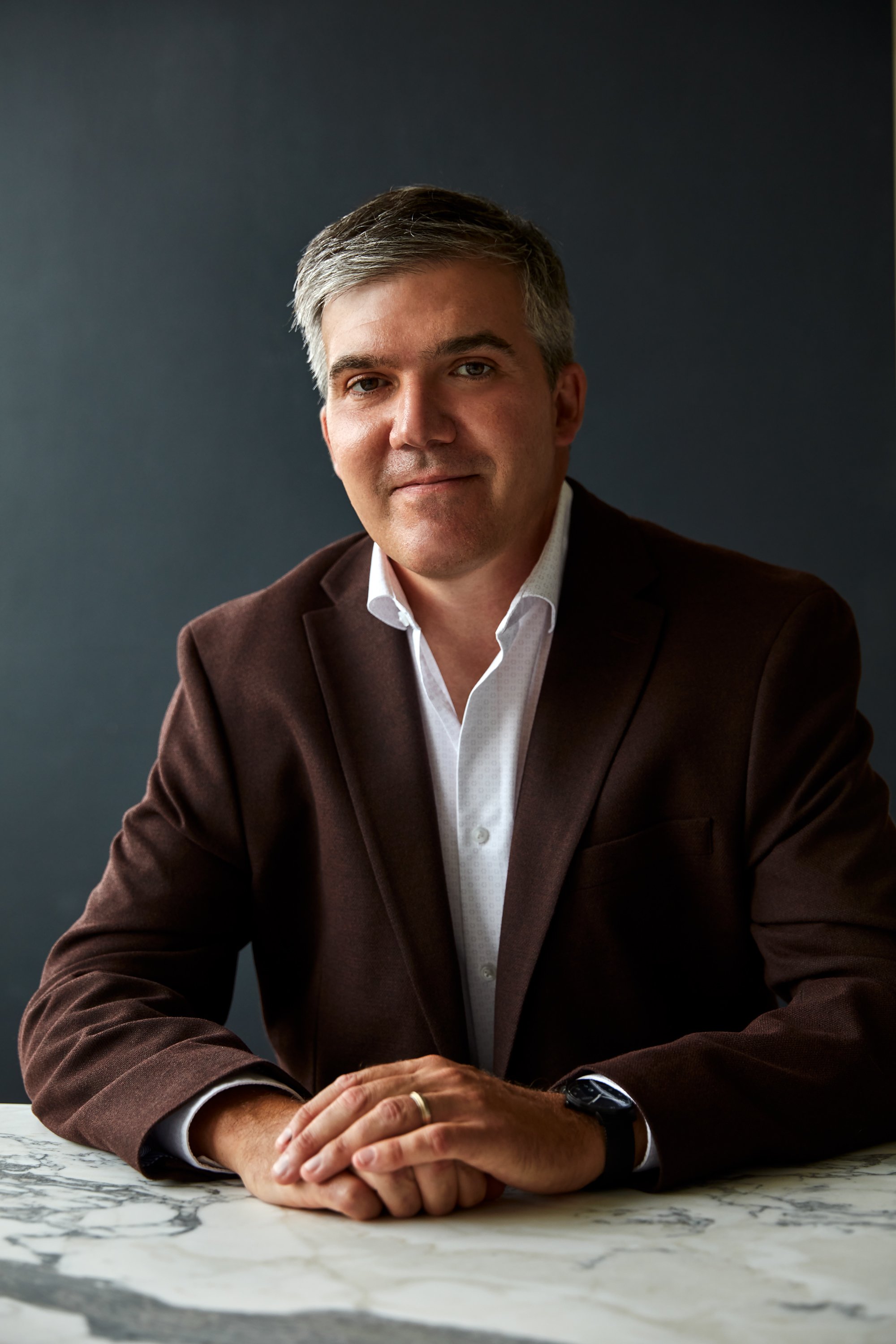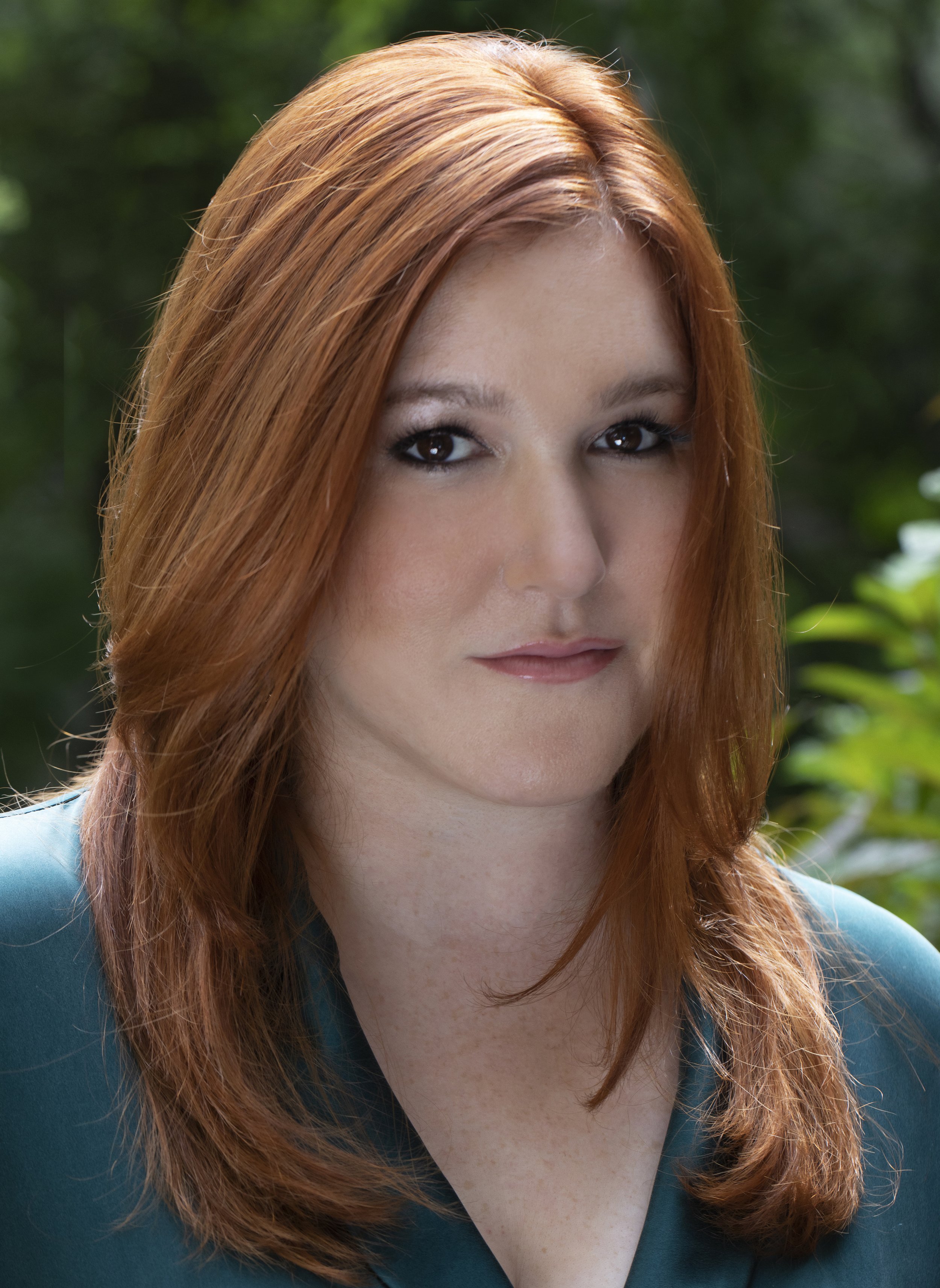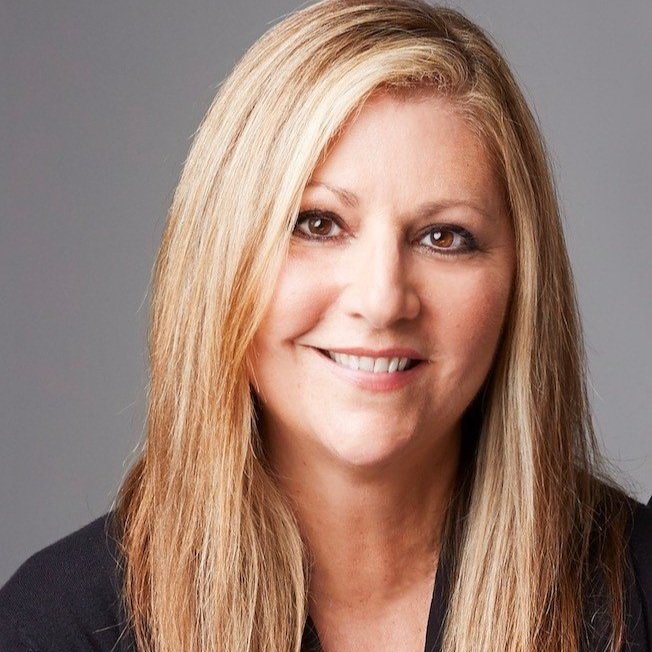I met R.J. Jacobs at the book launch for his new thriller, Always the First to Die. Nestled in the back row between bookshelves, I nodded along to everything he said even though I hadn’t read his novel yet. I’d like to say I attended the event in an effort to support a fellow author, but my motives were more self-serving. My own book launch was on the horizon and I wanted to see how R.J. presented himself, structured his talk, and fielded questions. Afterwards, I stood in line with the other audience members and watched as he personalized his novel, but said nothing of being an author myself or my clandestine observation mission. It was only after I posted a photo of his book on Instagram that R.J. made the connection. He thanked me for attending the event and offered to share what worked for his debut and what he would have done differently. It was a generous offer, and one I quickly accepted.
This wasn’t the first time I’d experienced the big-hearted support of other authors. Only a few days earlier, I’d met Brittany Acerkman (author of The Brittanys) at a book club and made plans for a matcha date to chat about all things books and writing. At a Flatiron Books author meet and greet in the spring, I’d cornered Alex Segura and asked what advice he’d give me as a debut novelist. As writers, we’re always researching, observing, and learning from the successes and mistakes of others. A novel, you could say, is a result of the impulse to share the information we’ve collected.
The ten authors below represent a diverse group of novelists writing across a variety of genres—from thriller and horror to romance as well as historical fiction. They possess a range of experience. Some, like Michael Bourne, are well-known contributors to online magazines and literary websites like The Millions and Literary Hub, who’ve recently released their first novel-length work of fiction. Others, like Wendy Walker and Lynne Constantine, are authors of multiple titles that have been translated into twenty-plus languages. Their advice spans the practical advantages of networking with local booksellers and attending book festivals to the emotional importance of being your biggest fan and starting your second book before your first is published, but what they share is their generosity of wisdom and spirit. So if I can add my humble newbie advice to the numerous insights below, it would be to reach out to other authors, ask questions, and be encouraged by the community and support offered by other writers.
Here ten authors answer the question: What do you wish you knew before publishing your debut?
“I get a lot out of book festivals and book fairs, both because it’s a great opportunity to connect with other authors and because readers come out for those sorts of events. I almost always say yes to visiting bookclubs. Even if they aren’t local, making a virtual appearance is really easy. I learned my lesson about scheduling events in cities where I don’t know many people—it’s hard to get people you don’t have a personal connection with to come out. And as much as I enjoy writing articles for online publications, they can be time consuming.” And an additional piece of advice: “write the weird book you want.” – R.J. Jacobs, author of Always the First to Die
“I guess the best advice I wish I had before I started is about staying level – writing is a marathon, and it’s also loaded with a lot of peaks and valleys. Take the wins and savor them, but also know that some lows are part of it, too. For every ‘I just got an agent!’ there are a handful of rejections. For every book deal, there are massive rewrites. So, do the work – do whatever gets you to the work fastest. Finish the work. Celebrate the wins and zoom through the losses. Oh, and spend as much time on good reviews as you dwell on bad reviews.” – Alex Segura, author of Secret Identity
“My best advice for debut authors is to always be working on the next project, and to remember that your debut is your first book, not your entire career. Publishing is a long game, and working on the next thing will bring you back to what you love: the actual writing, the creating of a story and its characters. There are a lot of factors out of our control in this industry, but the writing itself—the act of drafting a book and deciding what will happen within it— is uniquely ours.” – Laurie Elizabeth Flynn, author of The Girls Are All So Nice Here
“No one can ever believe in the work as much as you will, and so my advice is to remain your own biggest fan, your own advocate for your writing, and stay true to yourself along the way. Another tidbit of advice I’d like to share is to make sure your tour outfits, whether you’re Zooming in or reading in-person, are comfortable. Wear something you’re confident in, something that feels true to who you are.” Brittany Ackerman, author of The Brittanys
“So much anxiety is tied up in the publication process — we don’t call these our “book babies” for nothing. I know I felt a heavy sense of responsibility when my baby was finally out in the world to do everything I could so that it thrived. But I do wish I’d known that, as in the rest of life, there would be things I could not control, no matter how much I posted to social media, or how much I drove myself into a tizzy saying “yes” to absolutely everything. So my advice is to remember that even though you’re an author now, you are first and foremost a writer. And guess what? You’ve done your job! You had a beautiful vision, and you brought it to life. You have made art for the world to enjoy. Take a moment (several moments!) to celebrate how amazing that is, how rare. And when it’s time to turn on the “author” in you, work with your village — your publishing team and your agents, whose job it is to worry about that other stuff — to make a plan that feels best for you and your book.” –Dawnie Walton, author of The Final Revival of Opal and Nev
“I wish I’d known what I could have been doing to help promote and sell my book from the moment I got my first deal. Instead, I relied entirely on my publisher. Here are some of the things you can do from the moment your first draft is done. Network with authors, local bookstores and social media bloggers. You can do this through social media and email outreach, or by attending festivals and events. Organize your contacts so that you have an email list ready. This will be your army and you should call on them to buy, rate, and post about your book when your cover is revealed, and again on your pub date. Reciprocate by helping other authors promote their work, appearing on blogger interviews, and attending events at bookstores. Be active and visible. There is a whole community waiting for you!” – Wendy Walker, author of American Girl
“Start writing your next novel as soon as possible. Try to build up a good head of steam before your first book releases, so that its success or failure doesn’t impact your work in a significant way. And keep your expectations in check. Remember that “98% of books that publishers released in 2020 sold fewer than 5,000 copies” (New York Times, 5/18/2021). If your first novel only sells a few hundred copies, that’s essentially par for the course. Don’t waste time beating yourself up. Keep going!” – Jason Rekulak, author of Hidden Pictures
“Think FITT. That’s Facebook, Instagram, Twitter, TikTok. Okay, I just made up that acronym, but if you’re a debut author, social media is your friend. Social media is where today’s word of mouth is happening, and you need to be there helping it along. My debut novel, Blithedale Canyon, happened to be set in my hometown so my Facebook page, populated by people I grew up with, turned out to be a perfect vehicle to deliver my book to its most obvious audience. But Twitter is a great amplification system for every nice thing anyone has ever said about your work and Instagram has built a whole subculture around book covers and people raving about what’s between them. I know, I’d way rather sit at home and write my damn book, but that’s sooo 20th century. If you want to get your book in readers’ hands, you need to get FITT, now.” – Michael Bourne, author of Blithedale Canyon
“The author community is comprised of generous and helpful individuals who welcome new authors with open arms. I learned this firsthand when I attended Thrillerfest many years ago. Long before my debut was published, I had built a network of author friends whose advice and support was a major factor in my success. They helped spread the word about my new book by sharing on their social media channels, they came to book events, and they were there to calm my nerves as the day of my book launch approached. While writing is a solo endeavor, a writing career does not have to be. Join writing organizations like: International Thriller Writers, Sisters in Crime, and Mystery Writers of America. Attend conferences when you can, connect with other writers on social media, and you will find the same generosity and camaraderie. And one day, it will be you extending the hand of friendship to someone new.” – Lynne Constantine, co-author of The Last Mrs. Parrish
“I wrote several drafts of my debut novel, The Bequest. The part of the book that I had the most difficulty with, and rewrote the most, was the beginning, which reminded me of something my professor, Joyce Carol Oates, emphasized in our workshop at NYU. You have to know where you’re going before you can know where to start. Although I wrote my first few drafts chronologically, I learned that the beginning of a novel will probably change, especially if other parts of the story change, so you should give yourself permission to write the first part of your book last.” – Joanna Margaret, author of The Bequest

